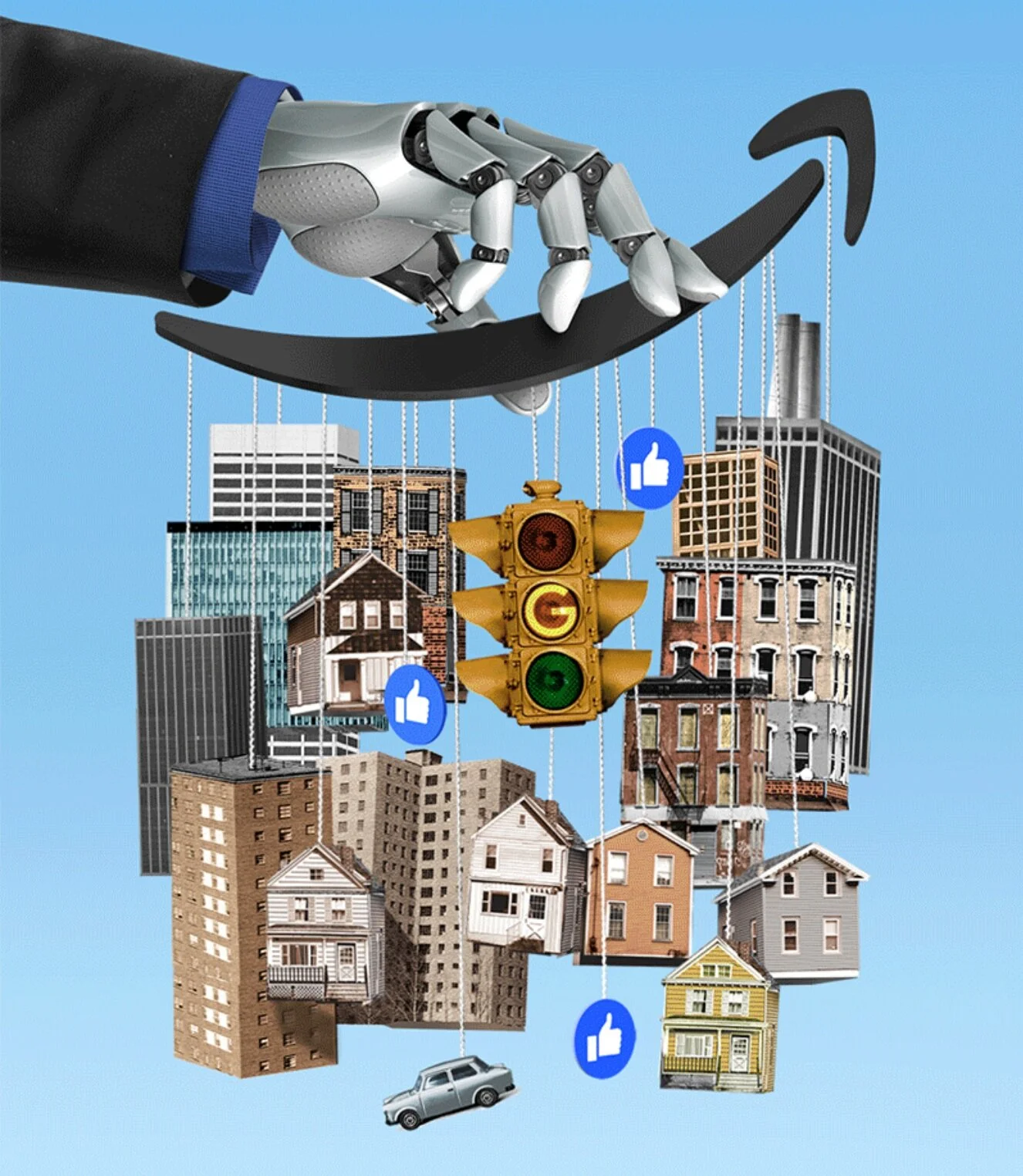Daniel Hanley walks us through the FTC’s May 5, 2021 report to Congress on the Right to Repair.
Read MoreDaniel Hanley of Open Markets Institute writes about how a recent Supreme Court decision has starkly narrowed the FTC’s power to easily return stolen funds to consumers.
Read MoreOpen Markets research associate Garphil Julien writes about the decline in U.S. bike manufacturing and how the United States can use an industrial strategy to meet soaring bike demand during the Covid-19 pandemic.
Read MoreOpen Markets Institute research associate, Garphil Julien, writes in The American Prospect about how Amazon, private equity, and real estate conglomerates are doing what discounters like Walmart did in the 1970s to the retail industry.
Read MoreOpen Markets Institute Legal Director, Sandeep Vaheesan, interviews Frank Pasquale about his forthcoming book, New Laws of Robotics: Defending Human Expertise in the Age of AI on Law and Political Economy Project.
Read MoreOpen Markets Director Barry Lynn examines how companies like Amazon control our lives, profiting mainly from the same model used by the railroads in the 19th century. As one seller put it, “Amazon is the judge, the jury, and the executioner.”
Read MoreClaire Kelloway writes about the overwhelming control exerted by delivery apps, and the sustainability of restaurants in the midst of this era.
Read MoreOpen Markets Institute policy analyst, Daniel Hanley, published an academic article where he analyzes the ways in which big tech companies, including Google, Amazon, Facebook, Apple and Microsoft, engage in anti-competitive behavior as a means of retaining their users — essentially reducing the options for users to seek business elsewhere.
Read MoreBarry Lynn publishes an article discussing straightforward politics of industrial interdependence and dependence, in a system marked by extreme concentrations of industrial capacity.
Read MoreOpen Markets Institute legal director Sandeep Vaheesan and Nathan Schneider at the University of Colorado published a paper on the Pennsylvania State University Law Review on cooperative enterprise and its place in the antimonopoly tradition. They lay out the advantages of cooperative firms relative to investor-owned corporations and offer ideas on reforming antitrust to protect and promote cooperation.
Read MoreOpen Markets Legal Director Sandeep Vaheesan published an article in the Maryland Law Review on how antitrust law protected capital and punished labor in the original Gilded Age and in the second Gilded Age in which we live. Although the specific doctrines and rules today are different than they were a century ago, antitrust is once again doing little to check corporate domination of markets and also preventing a significant fraction of the labor force from organizing.
Read MoreIn the Harvard Law Review, Lina Khan and David Pozen explore ways to disrupt the emerging consensus by identifying a number of lurking tensions and ambiguities in the theory of information fiduciaries, as well as a number of reasons to doubt the theory’s capacity to resolve them satisfactorily.
Read MoreIn this paper, Sandeep Vaheesan and Nathan Schneider explore how cooperative ownership models can mitigate the effects of monopoly and oligopoly and advance the interests of consumers, workers, small business owners, and citizens.
Read MoreExecutive Director Barry Lynn writes in a paper for the AFL-CIO Commission on the Future of Work and Unions, about the political origins of America’s monopoly problem, the magnitude of the problem, and some of the specific ways in which Big Tech corporations such as Google and Uber make the monopoly problem worse.
Read MoreIn the Georgetown Law Technology Review, Lina Khan writes about the growing share of our commerce and communications that tech platforms possess.
Read MoreIn this report, Open Markets Institute explores the historical role of competition policy in protecting independent journalism in America.
Read MoreIn the Yale Law Journal Forum, Lina Khan writes about America's market power problem.
Read More

















